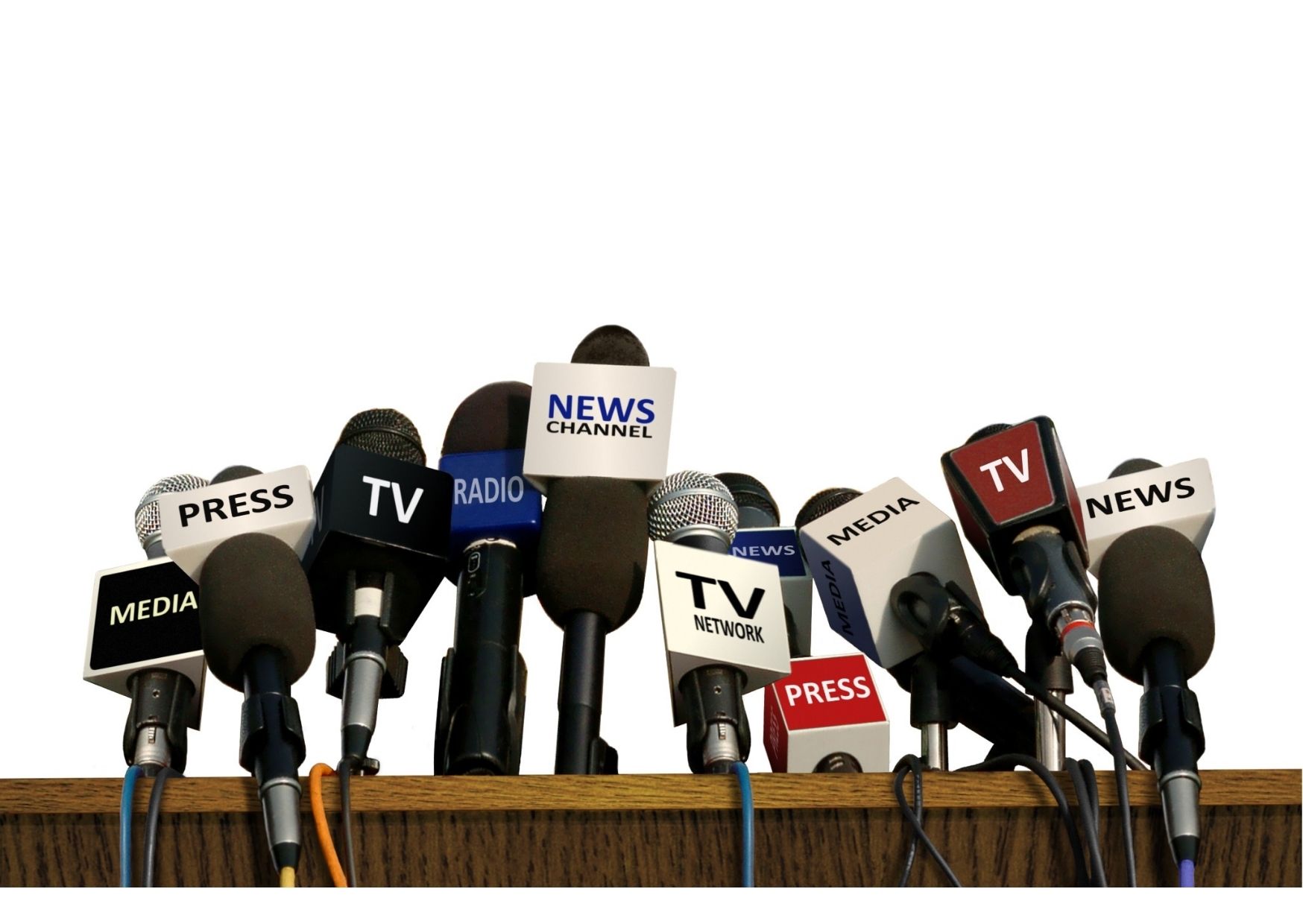THE IMPORTANCE OF MESSAGES IN THE CREATION OF THE “RIGHT” PERCEPTION
The struggle between perception and reality is all the more distinctive in times of crisis, and time and time again, it is painful to realize that the struggle is not always equal.
When there is a difference between perception and reality, perception always wins. Behind the scenes, you and your crisis team can do a great job, but if no one knows, your critics and opponents will easily label your work as “too little, too late” or worse, they may accuse you of doing nothing. And once you appear in public and defend yourself, don’t ask yourself “why”.
Many feel that they don’t need to inform the public because they believe that they have things under control, but they are wrong. Many avoid communicating with journalists because they perceive them as “sniffers” and that this crisis matters “is none of their business”. However, keep in mind the fact that the media are a bridge to all the publics you need to reach.
Lack of communication (or worse, non-existent communication) is a very big mistake that can cost you dearly (and not just financially). In fact, effective perception does not arise by itself. Messages must be well set. Your job is to communicate to the public what you are doing. This is the cornerstone of your strategy. You need to develop key messages with which you strategically target your key stakeholders. And you have to do it proactively. Your first statement sets the tone for everything that will follow.



